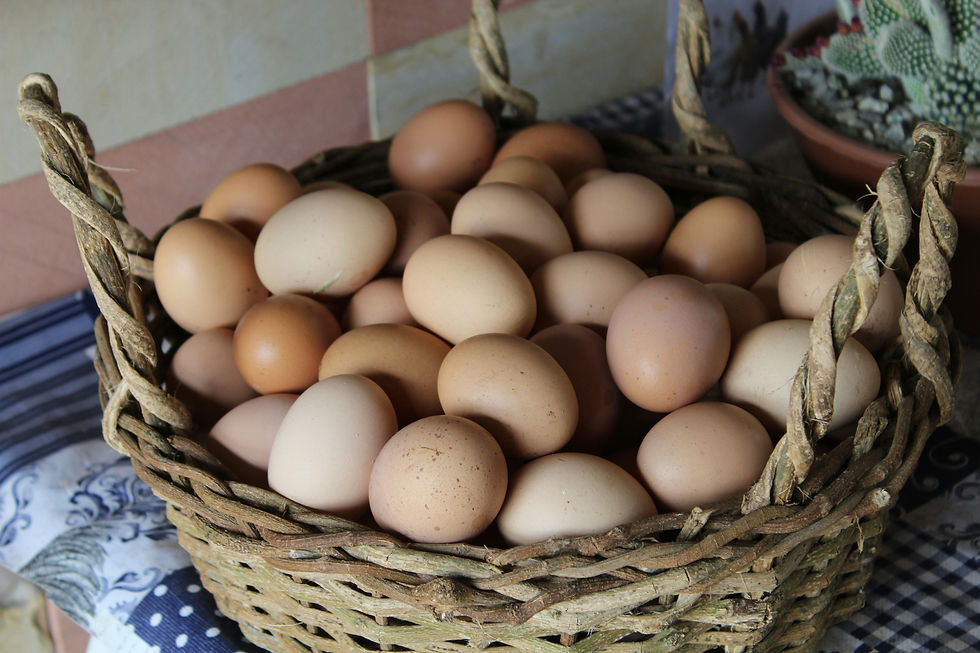French proverbs, known as "proverbes français," are succinct expressions that encapsulate centuries of cultural wisdom. These pearls of French folklore offer insights into life, relationships, and human nature. In this blog post, we'll unravel the meanings behind 10 common French proverbs, providing a glimpse into the profound sayings that have stood the test of time.

1. "L'habit ne fait pas le moine."
Translation: "The habit does not make the monk."
Meaning: This proverb reminds us not to judge people solely based on their appearance. It emphasizes the importance of looking beyond external factors to truly understand someone's character or abilities.
2. "Qui sème le vent récolte la tempête."
Translation: "Who sows the wind reaps the whirlwind."
Meaning: This proverb cautions against reckless actions, suggesting that negative consequences will follow destructive behavior. It underscores the principle of cause and effect.
3. "Chassez le naturel, il revient au galop."
Translation: "Chase away the natural, it comes back at a gallop."
Meaning: This proverb conveys that one's true nature is difficult to suppress or change. It implies that attempting to alter fundamental aspects of someone's character is often futile.
4. "Loin des yeux, loin du cœur."
Translation: "Far from the eyes, far from the heart."
Meaning: This proverb suggests that physical distance can lead to emotional detachment. It implies that relationships may weaken when individuals are not in close proximity.
5. "Les bons comptes font les bons amis."
Translation: "Good accounts make good friends."
Meaning: This proverb emphasizes the importance of fairness and honesty in financial dealings. It suggests that transparent and equitable transactions contribute to strong and lasting friendships.
6. "Mieux vaut tard que jamais."
Translation: "Better late than never."
Meaning: This proverb encourages the idea that taking action, even belatedly, is preferable to not taking action at all. It conveys the value of seizing opportunities when they arise.
7. "Tel père, tel fils."
Translation: "Like father, like son."
Meaning: This proverb reflects the notion that children often resemble or inherit characteristics from their parents. It underscores the influence of family traits and values.
8. "L'union fait la force."
Translation: "Unity makes strength."
Meaning: This proverb emphasizes the power of collaboration and unity. It suggests that people are stronger when they work together towards a common goal.
9. "Qui trop embrasse mal étreint."
Translation: "Whoever embraces too much, hugs poorly."
Meaning: This proverb advises against trying to do too much at once. It implies that spreading oneself too thin can lead to subpar results.
10. "Il ne faut pas mettre tous ses œufs dans le même panier."
Translation: "Don't put all your eggs in one basket."
Meaning: This proverb advises against concentrating all resources or efforts in one place, as it poses a risk. It suggests diversifying to reduce vulnerability.
Conclusion:
French proverbs serve as timeless nuggets of wisdom, offering reflections on human nature and the complexities of life. As you delve into the meanings behind these expressions, may you discover the enduring truths and cultural richness embedded in the fabric of French language and tradition. Bonne réflexion! (Happy reflection!)

Comments